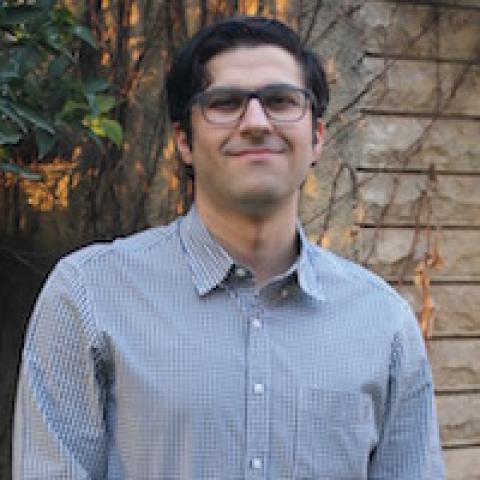The United Arab Emirates’ top trade official said Thursday that the Gulf state is committed to complying with international sanctions on Russia.
UAE Minister of State for Foreign Trade Thani bin Ahmed Al Zeyoudi spoke at a virtual event hosted by the Washington-based Atlantic Council. The conversation touched on UAE-Russia relations, Abu Dhabi's future as a cryptocurrency hub, diversification from oil and gas, and more.
On Russia, Zeyoudi pointed out that non-oil trade between the two countries increased 95% in 2022. He also addressed the influx of cash last year as wealthy Russians sought to liquidate billions of dollars via UAE-based cryptocurrency exchanges.
Zeyoudi called the UAE a “favorable destination” in general for billionaires from all over the world. “We saw many movements from Indians, Europeans, Australians, as well as the Russians to the UAE.”
Zeyoudi said that the UAE is not bending the rules to attract Russian wealth, and that the state is committed to complying with international law amid Western sanctions related to the war in Ukraine.
“I can assure you we go through the whole process similar to anyone who is coming to the country. We adhere to international regulations and policies and we’re going to continue doing so,” he said. “We don’t jeopardize our system to attract certain nationalities against others.”
Why it matters: The UAE has been repeatedly accused of being a haven for money laundering as well as Russia and Iran-related sanctions-busting. On Wednesday, the US Treasury Department announced sanctions against two UAE-based firms for allegedly assisting the Russian invasion of Ukraine.
The Gulf state has been seeking to raise its compliance with international sanctions recently. In March, the UAE Central Bank revoked the license of Russia’s MTS Bank.
Know more: Zeyoudi also discussed the UAE’s efforts to reduce its dependence on oil and gas. Many observers say that approximately one-third of the Emirati gross domestic product is based on oil and gas. Zeyoudi said that the sector is now responsible for only 28% and is declining.
Emirati entities have been investing considerably in renewable energy in recent years as part of the transition away from hydrocarbons.
Zeyoudi also addressed the future of cryptocurrency in the UAE. Many crypto firms have moved to Abu Dhabi and Dubai, in part due to the UAE’s virtual assets regulatory authority. However, the cryptocurrency crash has affected the Emirates, and the crypto firm Kraken announced in February it was closing its Abu Dhabi office.
Even during the “challenging period” in the crypto sector, Zeyoudi said the country remains committed to attracting cryptocurrency technology.
“We want to be one of the early introducers of this technology to the UAE,” he said.








